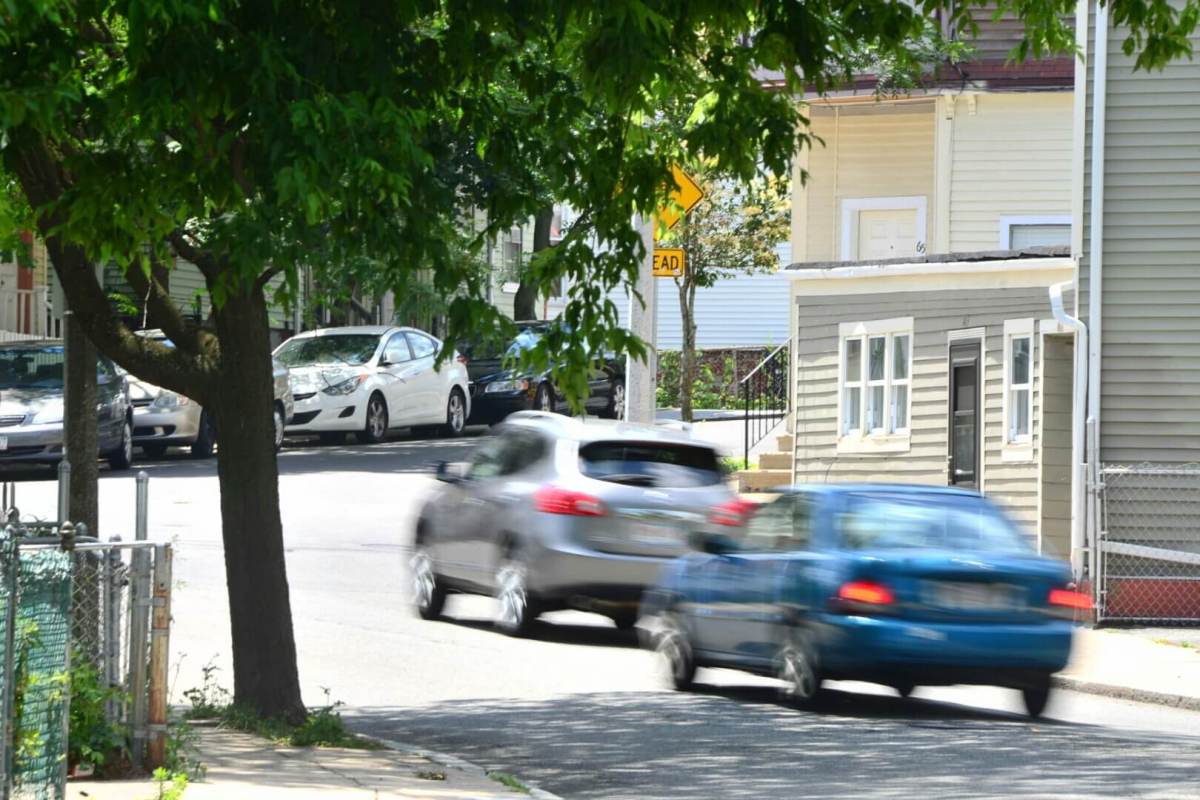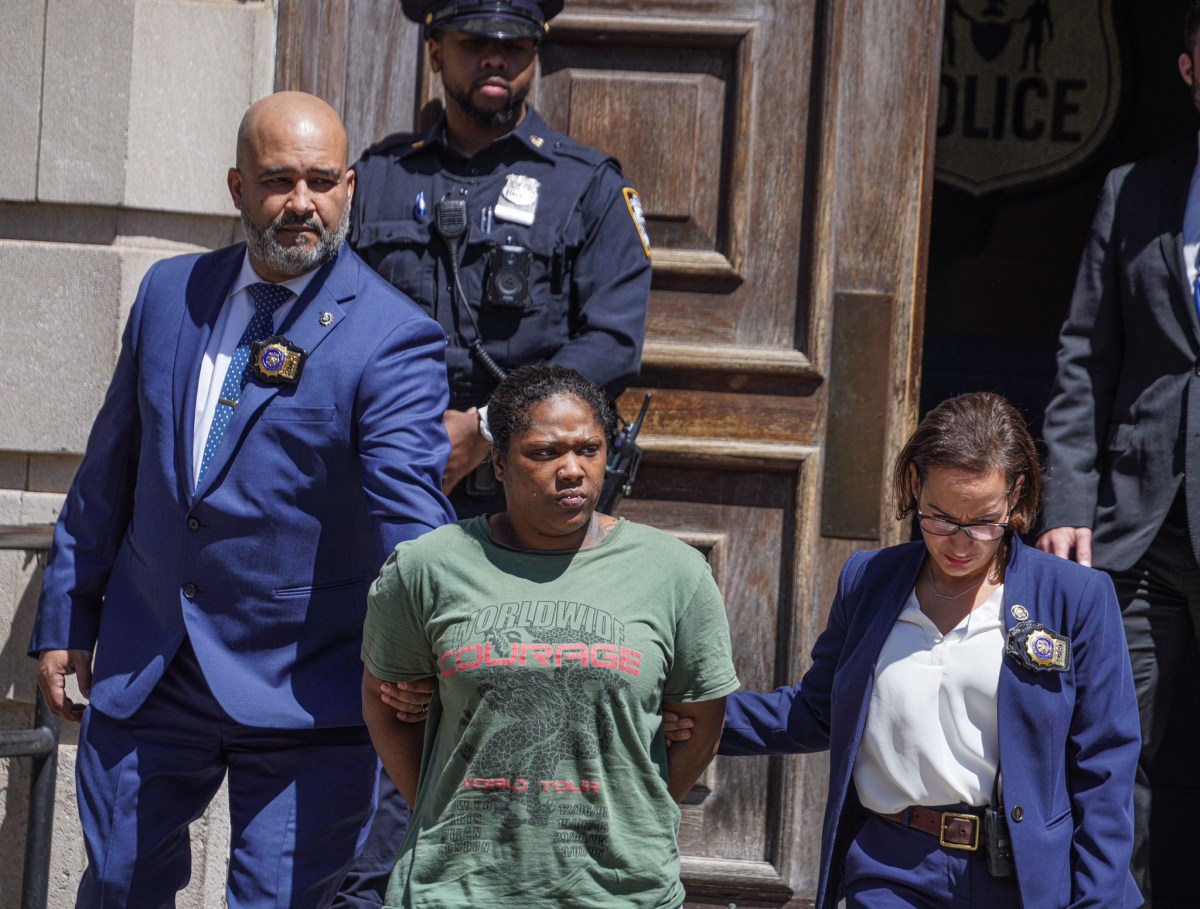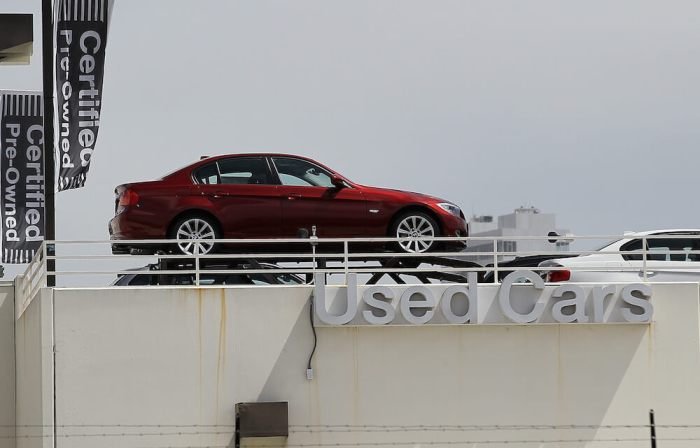The proposal to slash the default speed limit on Boston streets from 30 mph to 20 mph came under the microscope at the State House on Tuesday as lawmakers considered the idea at a hearing.
City Council already approved the measure with a unanimous vote in April, but Boston needs state approval to change the rules, aimed at slowing traffic on thickly settled streets and improving safety for bicyclists and pedestrians. The move would also reduce the limit in school zones from 20 mph to 15 mph.
“Especially with the advent of different apps that show you side routes that only my dad used to know … the genesis of it is one of civic engagement, that the community wanted an answer for folks traveling down side streets at 40 mph without enforcement,” said Rep. Daniel Hunt of Dorchester, who sponsored the home rule petition. Marc Ebuña, representing the nonprofit TransitMatters, and also the Boston Vision Zero Coalition, of which TransitMatters is a member, testified in favor of the proposal during a transportation committee hearing. RELATED: City Council wants to lower the speed limit in Boston to 20 mph He said in an interview that he and those groups believe the slower speeds would “make it safer for vulnerable people on the road and active transportation users like bicyclists.”
Palma McLaughlin, of Dorchester, meanwhile, said she was skeptical that lowering the speed limit would get speeding drivers to slow down. All it might do is raise revenues from speeding tickets, she said. “People breaking the speed limit are people breaking the speed limit, whether the speed limit is 20 mph or whether it’s 30 mph, whether it’s 40 mph,” McLaughlan said. “Lowering the speed limit does not lower the general speed by much.” And a speed limit change may be the wrong solution to a bigger problem, said Sen. Tom McGee. He blames a “lack of investment in transportation infrastructure” that has brought more traffic than ever to the city – and more motivation than ever for drivers to motor through side streets to flee the city and avoid the congestion as quickly as they can. “This problem wasn’t here 15 years ago, because people weren’t zooming through your streets trying to avoid an hour and a half of traffic,” McGee said. He added, “They get on the streets of Boston, they’re not thinking about 15 miles an hour, they’re thinking about how they’re going to get home to where they were supposed to be 45 minutes ago. It’s going to continue to be exacerbated by our inability to get our hands around a major transportation crisis.” RELATED:City Council OK’s ‘Latin Quarter’ title for Jamaica Plain neighborhood Another piece of legislation, added to a separate bill to reform rules for municipal government, would let communities statewide opt to reduce the speed limit to 25 mph in thickly settled areas and pick “safety zones” where it would drop to 20 mph. Bostonians on their lunch breaks Tuesday were casually supportive of the idea.
“It can only help,” said Frank Graham, 56, of Roslindale, who commutes on the T but occasionally drives in the city. “I feel bad for the people on bikes.”
“I think [the speed limit]should be slower, I really do,” said Chris Slyman, 54, of Foxborough, also a T commuter. “There are too many pedestrians. I think it’s good for people to slow down.” “There are a lot more bikes and walkers and I think [a lower speed limit] makes it safer for everyone, including drivers,” said Deborah Heim, 50, of Boston’s Back Bay. “I’m a walker and I can appreciate that a car going 20 might not hurt as much as a car going 30.” The key, said Daniel Lampke, 29, of Cambridge, would be enforcement, because lots of drivers speed through side streets to avoid rush hour congestion.
“When you have traffic like we have in Boston, you want to get out as fast as you can,” he said.
Additional reporting from the State House News Service
Plan to cut Boston’s speed limit to 20 mph gets hearing

Derek Kouyoumjian/Metro

















